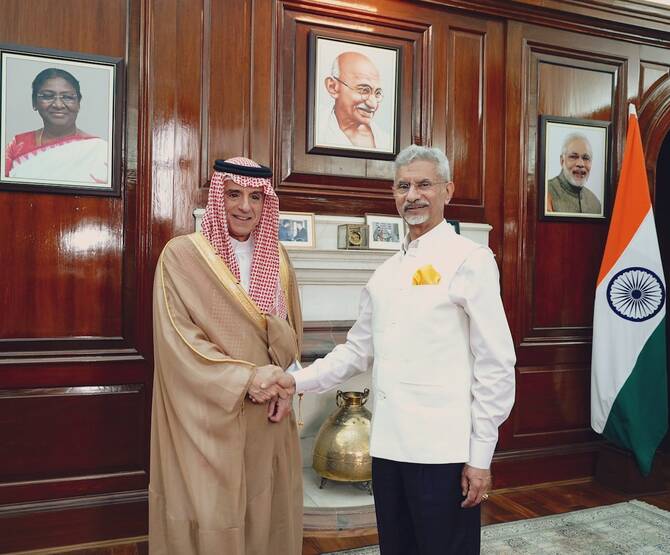KARACHI: Young Pakistani cinemagoers have appreciated the “unconventional” theme of the country’s Oscars 2023 entry, “Joyland,” which was released in cinemas in parts of Pakistan on Friday a week after it was banned by the government due to pressure from right-wing religious factions.
The movie has been the center of discussions in Pakistan for the last few days after the government revoked its censor certificate a week prior to its release. A special committee, set up by Prime Minister Shehbaz Sharif, this week suggested a full-board review of the film and the movie was finally cleared for release a day before the scheduled date, with some cuts.
Nueplex Cinemas in Karachi are screening the film but most of the single-screen cinemas have not put the film up on their schedule. Even at Nueplex Cinemas, half of the movie’s shows have been placed on the small screen with an occupancy of around 60 people, due to the last-minute announcement of the film’s release.
The two-hour feature film celebrates “transgender culture” in Pakistan and tells the story of a family torn between modernity and tradition in contemporary Lahore, raising questions through the lives of the characters.
While the movie still has to see the light of the day in the Punjab province, cinemagoers who watched the show in Karachi on the opening day said they were delighted to see the Pakistani cinema “exploring newer themes.”
“It’s (Joyland) an unconventional movie and didn’t look like a Pakistani movie at all,” Waqas Tariq, a 33-year-old marketeer, told Arab News.
Tariq said people should come and watch such movies as no one talks about these issues in Pakistan.
Joyland won the Cannes “Queer Palm” prize for best feminist-themed movie as well as the Jury Prize in the “Un Certain Regard” competition, a segment focusing on young, innovative cinema talent.
The first-ever Pakistani competitive entry to the Cannes Film Festival left the audiences slack-jawed and admiring, and got a nearly 10-minute-long standing ovation from the opening night’s crowd.
At Karachi’s Nueplex Cinema, the second show on the opening day was a houseful, where most people who came to watch Joyland were aged 25-40.
“When we talk about millennials and Gen Z, the movie will resonate with them but people who are in their 40s, 50s, parents, grandparents, it might offend their sensibilities,” Alia Hanif, 25, told Arab News.
“The movie highlighted topics that we need to talk about. The transgender community, they are just as human as we are.”
Ali Naqi, an architect, said the film falls under the social realism genre and it needs a “very mature audience.”
“It’s no surprise that people are reluctant because it’s not in our culture,” he added.
Ayesha Ahmed, a 27-year-old doctor by profession, was particularly intrigued by how the film treated mental health.
“It [the movie] was in-my-face but it should have been. We are at a point where we can’t keep it subtle anymore,” she said.

















